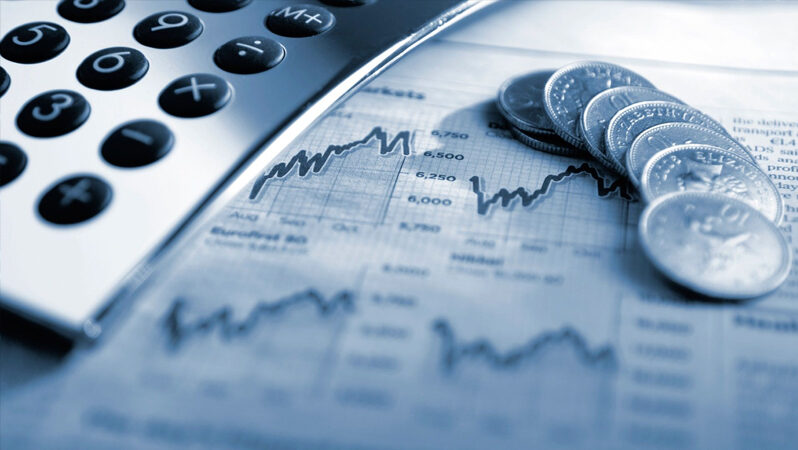1 .Understanding Forex Trading
What is Forex Trading?
Key Players in the Forex Market
Importance of Forex Trading in the UK
Financial Conduct Authority (FCA)
Regulatory Guidelines for Forex Trading
Importance of Choosing FCA-Regulated Brokers
Researching Broker Options
Evaluating Broker Reputation and Regulation
Considering Trading Platforms and Tools
4.Opening a Trading Account
Completing the Application Process
Submitting Necessary Documentation
Funding Your Trading Account
5.Learning Market Analysis
Fundamental Analysis
Technical Analysis
Sentiment Analysis
Setting Stop Loss and Take Profit Levels
Calculating Position Sizes
Diversifying Your Portfolio
7.Developing a Trading Plan
Defining Your Trading Goals
Establishing Trading Rules and Strategies
Maintaining Discipline and Consistency
8.Practicing with Demo Accounts
Benefits of Demo Trading
Using Demo Accounts to Refine Strategies
Transitioning to Live Trading
9.Executing Trades
Placing Buy and Sell Orders
Monitoring Market Conditions
Managing Open Positions
10.Monitoring and Evaluating Performance
Tracking Trading Results
Analyzing Wins and Losses
Making Adjustments to Trading Plan as Needed
11.Tax Considerations
Tax Treatment of Forex Trading Profits and Losses
Reporting Requirements for Traders
Seeking Professional Advice for Tax Matters
12.Staying Informed and Continuously Learning
Following Market News and Updates
Engaging with Forex Trading Communities
Investing in Further Education and Training
13.Conclusion
Forex trading in the United Kingdom offers lucrative opportunities for investors but requires knowledge, discipline, and risk management.
By following the steps outlined in this guide and staying informed about market developments, traders can navigate the forex market effectively and potentially achieve success.
By breaking down the process into these step-by-step subheadings, aspiring forex traders in the UK can gain a clear understanding of what it takes to enter and succeed in the dynamic world of forex trading.
 Anasayfa
Anasayfa Canlı Borsa
Canlı Borsa Borsa
Borsa Döviz Kurları
Döviz Kurları Altın
Altın Hisse Senetleri
Hisse Senetleri Endeksler
Endeksler Döviz Hesaplama
Döviz Hesaplama Döviz Çevirici
Döviz Çevirici Kredi Arama
Kredi Arama

































































































